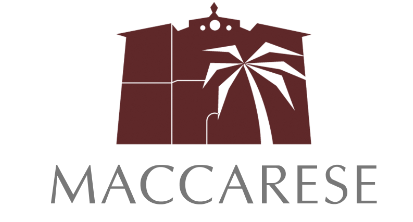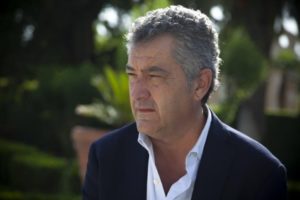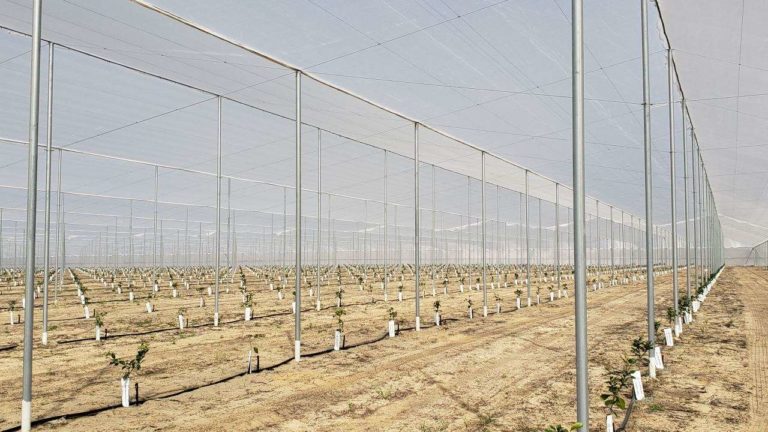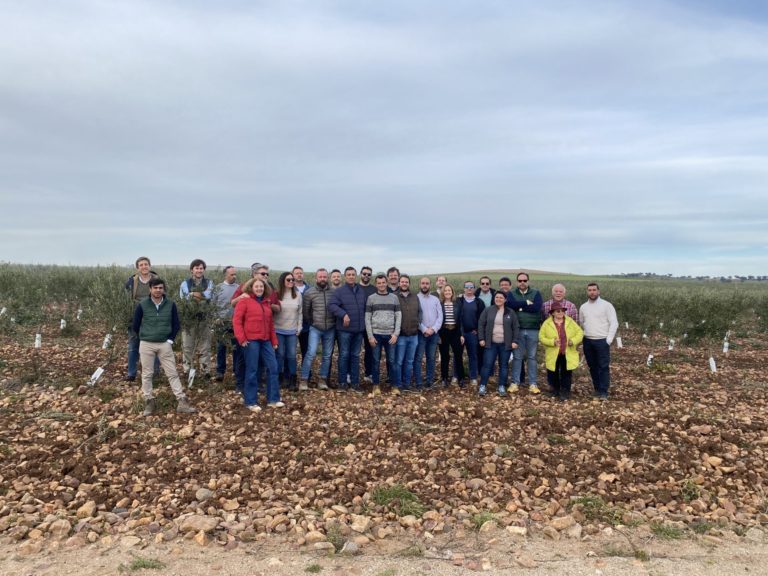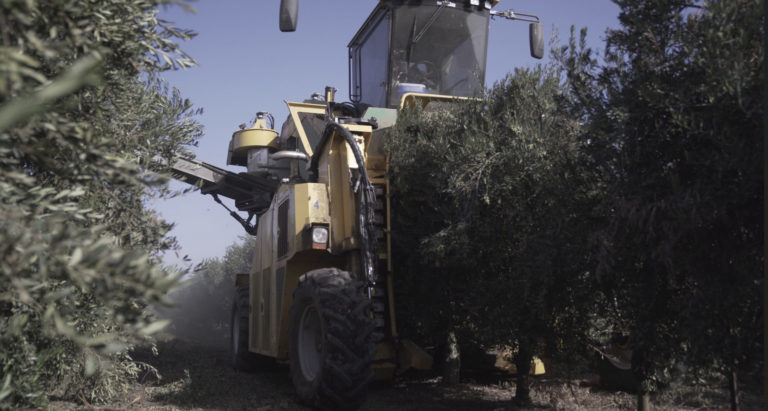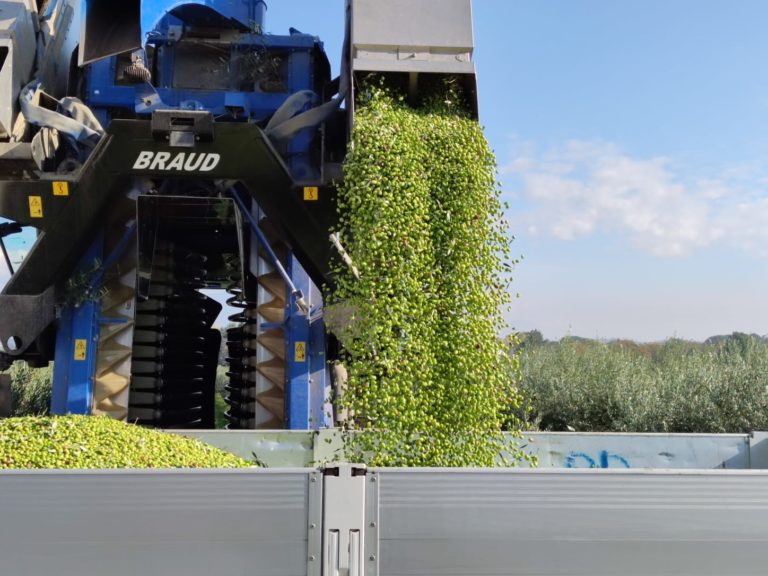The new entrepreneurial challenge of the Benetton family
In the last 10 years, the nut sector has been experiencing a revival both in terms of consumption and production. Among the different species such as hazelnut, pistachio, and almond, the latter is certainly one of the most interesting Globally, in 2022, 3,214,522 tons of almonds were produced on an area of 1,925,887 hectares. The world’s leading producer is the USA, with an annual production volume of 2,002,742 tons.
Italian production is not able to cover the national demand for almonds. According to FAO data, about 30,000 tons of shelled almonds are imported into Italy, with insignificant exports. Therefore, almonds can represent a profitable option, an alternative to some fruit crops, provided that they are considered as a specialized and intensive crop. To seize market opportunities, Italian almond growing is renewing itself in terms of variety, planting, agronomic management, and production. It benefits from innovative and highly mechanizable cultivation systems that represent the concepts of highly productive and efficient intensive horticulture..
It is precisely in function of this type of cultivation that the investment project of Maccarese Spa, a benefit agricultural company, is developed. From 2019 to 2022, 100 hectares of almonds were planted with a planting distance of 1.2 m within the row and 3.8 m between rows, for a total of 2,200 plants/ha and 220,000 plants overall. The choice of this innovative form of cultivation is perfectly in line with the evolutionary process and the production model based on efficiency and sustainability that characterize Maccarese SPA To feed a growing and increasingly demanding population, it is necessary to rely on highly technological agriculture and agricultural systems capable of increasing production by optimizing resources, requalifying the territory, and offering healthy products to consumers.
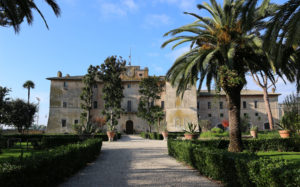
In high-density planting, there is a complete transformation in the tree training system, which is not managed in the single form of the classic vase but, rather, as a unitary element forming a single vegetative wall with a north-south arrangement that allows for maximum interception of sunlight by the plant. The winning elements include early production starting from the third year after transplantation, high yields, and complete mechanization of pruning and harvesting operations (tons of product harvested per hour of labor), resulting in reduced cultivation costs. Maintenance of the wall is carried out through mechanical pruning using double-blade hedgers, which allow for both horizontal (topping) and vertical (hedging) cuts.
This operation requires speed and cutting efficiency, so the company uses tractors equipped with auto-guidance systems with RTK precision, allowing for the creation of straight guide lines parallel to the almond rows, which are automatically traversed. With this method, greater cutting precision and reduced working times are achieved.
Different cultivars have been planted within the company such as Avijor, Soleta, Vialfas, Makako, and Guara which have showngood adaptation to the pedoclimatic conditions of the area, excellent growth depending on the nutritional and irrigation inputs provided, and excellent production capacities in terms of both quantity and organoleptic quality and fruit processing.. This year, three years after transplantation, the first fully mechanical harvest was carried out using the Braud 11.90 X multi-shovel machine. Numerous advantages have been observed, including harvesting speed and efficiency, with minimal losses amounting to only 1% of the total production, but above all, product safety.. With the Shaking Dynamic Control (SDC) shaking system, almonds are harvested directly from the plant, excluding any possible contamination by mycotoxins and aflatoxins derived from contact with the soil matrix.
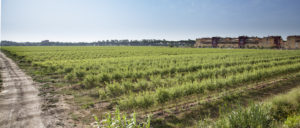
The obtained production is 2,600 kg of almonds in shell per hectare, with an estimated yield of 3,000 kg per hectare for the next year.. This result was achieved through careful agronomic management, with particular attention to the targeted distribution of irrigation and nutritional inputs.
In the 2022 growing season, from March to September, a water volume of 4600 m³/ha was distributed. This supply was provided through a fertigation system consisting of drip lines, which reduce waste and optimize fertilizer application. Additionally, the system is equipped with a fertigation unit that allows for precise fertilizer injection and moisture sensors, geolocated on the ground at various points in the field, which have allowed for estimating soil moisture and determining the duration and frequency of irrigation based on the crop’s real-time water needs.. All of this is remotely managed via smartphone software. Within the company, the development and study of the super-intensive model continue, with the presence of a high-density olive plantation and the project for expanding the almond orchard by an additional 60 hectares in 2023.
Several factors have led to the decision to dedicate part of the available agricultural land to tree planting. Firstly, the expectations of market growth and therefore return on investment, in relation to the increasing demand for nuts by consumers, and the desire to offer consumers a quality product cultivated with the best agronomic techniques and therefore with low environmental impact. The reasons for the investment were supported by a careful research plan. Indeed, in order to confirm the estimates of growth in the national nut market, a market that has experienced significant growth in recent years, reference was made to:
- A national market that still shows a significant imbalance between imports and exports of nut products, with an imbalance of 590 million euros in 2018 (source: ISMEA), with a strong prevalence of imports from the USA, particularly from California.
- Growth in demand from both the processing industry and end consumers.
Based on this comprehensive vision, Maccarese Spa’s investment is set to grow with the establishment in 2023 of a company dryer, in order to internalize all stages of the supply chain and aim to be a hub for almonds through the largest super-intensive facility at the national level, along with its transformation.
Authors
